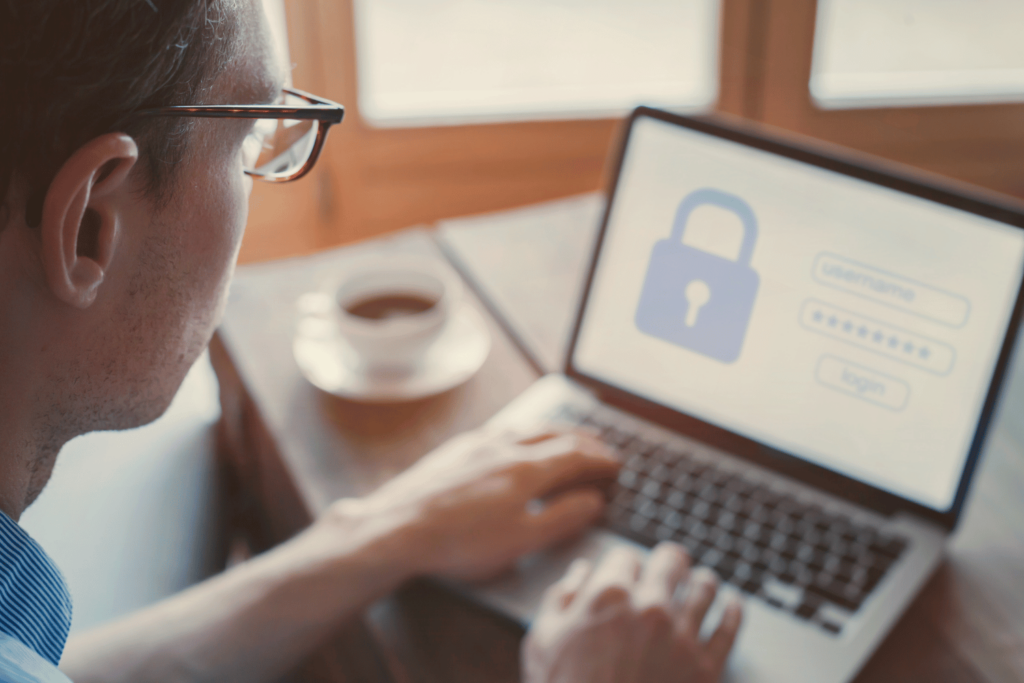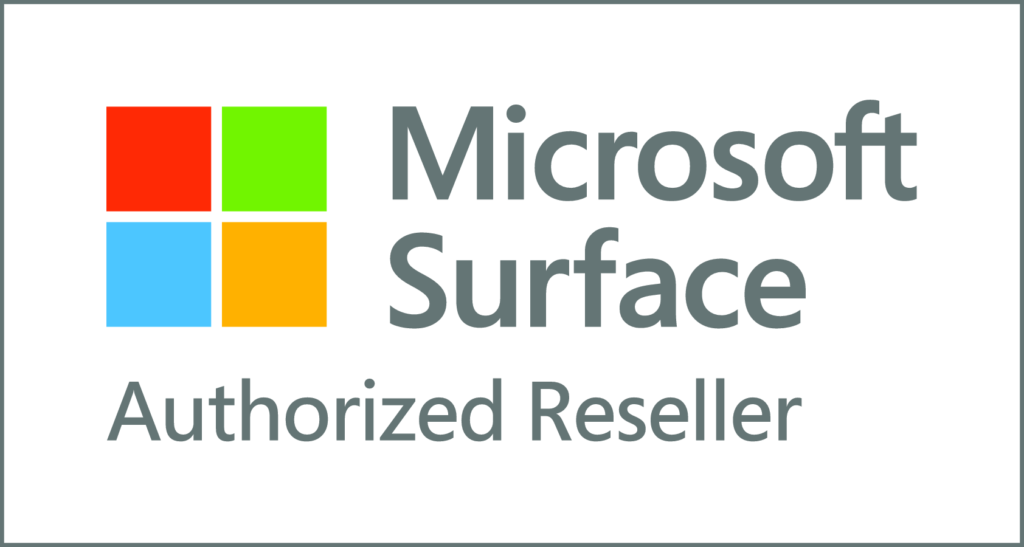Data breaches make headlines almost daily, and safeguarding sensitive personal data has never been more critical. With cybercriminals becoming increasingly sophisticated, it falls upon each of us to fortify our digital defenses.
We recently caught up with Mark Shears, Senior Business Development Manager at Total Networx, who shared invaluable insights into how consumers can better protect their information against malicious actors.
Whether you are well-versed in cybersecurity or new to the concept of data protection, these insights from a seasoned expert are bound to be helpful.
14 Essential Steps to Safeguarding Your Personal Data
1. Freeze Your Credit
One of the most effective measures you can take is to freeze your credit with the three major credit bureaus. This action prevents fraudsters from opening new accounts in your name. Alarmingly, child identity theft is on the rise, so remember to safeguard your children’s credit as well.
2. Beware of Impersonators
If you receive a call from someone claiming to be from your bank or credit card company, don’t engage! Instead, hang up and call the number on the back of your card. This practice ensures you’re speaking to a legitimate representative.
3. Enable Two-Factor Authentication
Supercharge the security of all your online accounts by enabling two-factor authentication (2FA). While SMS-based 2FA offers some protection, using an authenticator app like Google Authenticator or Microsoft Authenticator provides a fortress-like security.
4. Utilize a Password Manager
The benefits of a password manager cannot be overstated. Not only does it allow for the creation of strong, unique passwords for each site, but it also removes the hassle of remembering them. Mark recommends trying Dashlane.
5. Check If You’ve Been “Pwned”
Visit ‘Have I Been Pwned‘ to see if your email or phone number has been compromised in a data breach. This knowledge can help you take appropriate actions to secure your accounts.
6. Skepticism Is Your Friend
Remember, entities like Microsoft & Google will never call you unsolicited. Similarly, be cautious about entering your credentials on third-party websites or sharing them over the phone.
7. Invest in ID Theft Protection
Consider subscribing to ID Theft protection services like Lifelock for additional peace of mind. These services monitor for fraudulent activity and offer support in recovery if your identity is stolen.
8. Keep Your Devices Updated
Regularly updating your devices, including laptops, smartphones, and Wi-Fi routers, is vital. These updates often include security patches that protect against the latest threats.
9. Be Wary of Public Wi-Fi
Avoid accessing sensitive information over public Wi-Fi networks. Instead, use your phone’s hotspot for a more secure connection.
10. Think Before You Click
Don’t click on suspicious links or attachments in emails. If something looks off, it probably is. When in doubt, delete the email.
11. Credit Cards Over Debit Cards
For online purchases, use a credit card instead of a debit card. Credit cards generally offer better fraud protection.
12. Go Virtual
Use “virtual” credit card credentials whenever possible. If your card is breached, you won’t need to order a replacement credit card and change all your saved payment preferences.
13. Secure Your Smart Devices
Change the default usernames and passwords on internet-connected devices in your home. Using unique credentials makes it harder for hackers to gain access.
14. Media Awareness
Finally, be mindful of what you post on social media. Sharing pictures or information about being on vacation can make your home a target for burglars.
Recent Data Breaches and How They Affect You
It’s safe to say that, no matter how careful you are, your personal information has likely been involved in a data breach at some point. This stark reality underscores the urgency and importance of implementing robust data protection measures.
Here are a few notable and massive recent breaches that could have put your personal information at risk:
- AT&T Data Breach: Affecting over 73 million users, this recent incident saw names, addresses, phone numbers, birth dates, and SSNs stolen. Stay vigilant for potential phishing attempts that may follow. Read more about it here.
- Change Healthcare/United Health Breaches: This series of cyberattacks has extensive repercussions, exposing millions of patient data points and emphasizing the need for rigorous data protection measures that even giant companies are vulnerable to. Learn more here.
Keep Looking Over Your Shoulder
Marks’ advice, although seemingly straightforward, forms the backbone of a robust personal data protection strategy. By incorporating as many of these practices as possible into our digital lives, we not only enhance our security but also gain a sense of control over our personal information.
Being proactive rather than reactive when protecting your data is the key to staying safe in an increasingly digital world. Stay informed, stay vigilant, and protect your data from prying eyes. By following these tips, you are taking an essential step toward safeguarding your digital footprint. It’s a responsibility but also a powerful form of empowerment in our increasingly connected world.
FAQs
Q: Is it worth investing in ID theft protection services?
A: While there is no guarantee that ID theft protection services can prevent identity theft, they can provide an added layer of security and support in case your information is compromised. It’s ultimately up to each individual to weigh the cost and benefits of their own situation.
Q: Can I trust two-factor authentication methods?
A: Two-factor authentication is not just a buzzword, it’s a secure method of protecting your accounts. However, it is essential to choose a strong and reputable authenticator app (such as Google or Microsoft) and regularly update your security settings. Rest assured, these steps can significantly enhance the security of your accounts.
Q: Should I be concerned about data breaches?
A: While data breaches are unfortunately becoming more common, they should not be ignored. It’s important to stay aware of recent breaches and take appropriate action to secure your personal information.
Q: Is it safe to use virtual credit card credentials?
A: Virtual credit cards can offer an extra layer of protection when making online purchases. As always, use caution when sharing any personal information online.
Q: How can I keep my smart devices secure?
A: Changing default usernames and passwords on internet-connected devices is a simple yet effective way to prevent hackers from accessing them. It’s also important to regularly update these devices with security patches.
Overall, staying informed and taking proactive measures can significantly improve the security of your personal data in an increasingly digital world. Keep learning, stay wary, and be diligent in protecting your personal information – it’s worth the effort. And remember, when it comes to data breaches, it’s not a matter of if but when they will happen, so it’s important to always be prepared. Stay safe out there!
Need help securing your personal data, business data, or both? Contact Us today to find how Total Networx can help secure your sensitive data and keep up on emerging threats in real time.



